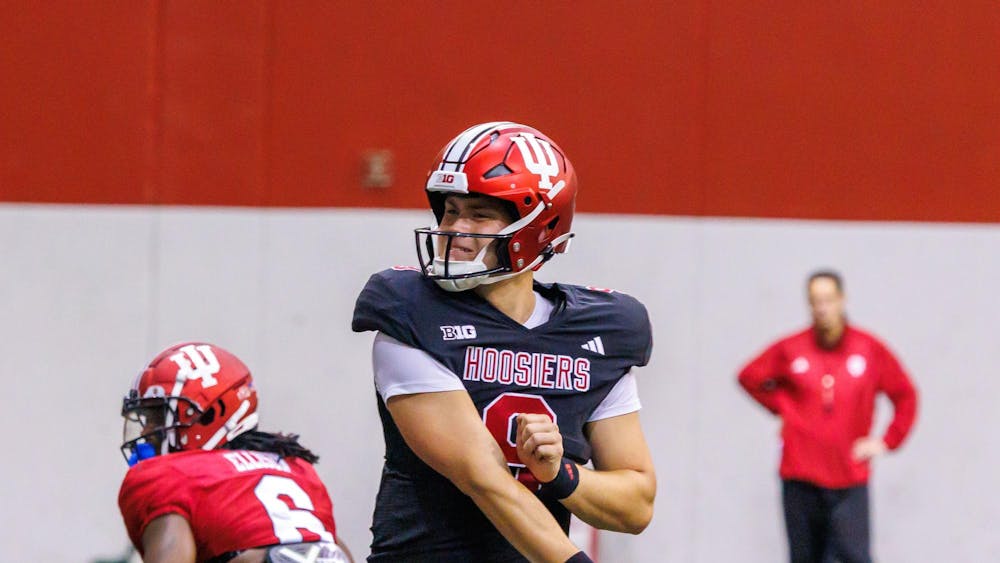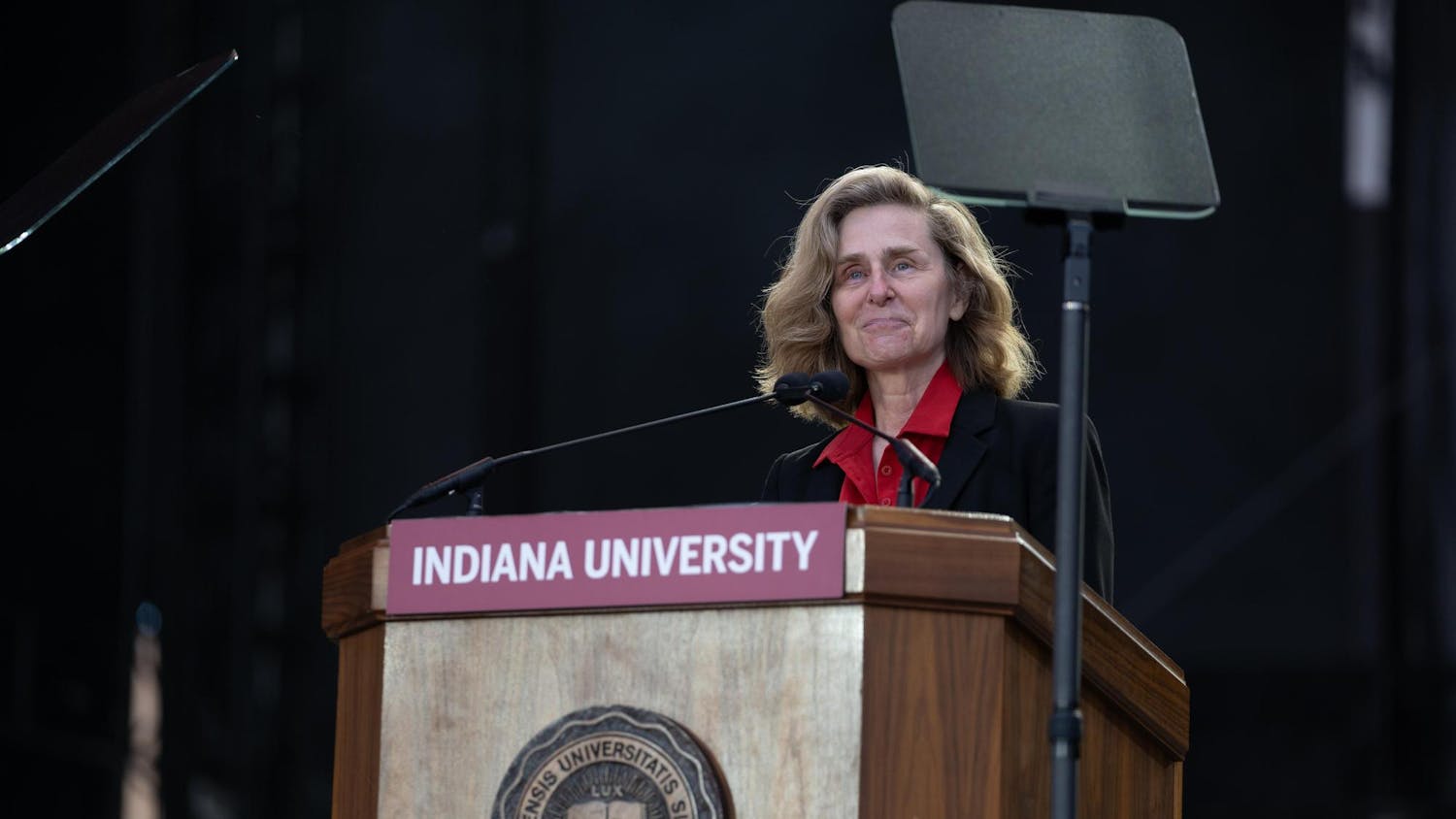Indiana University researchers have found a link between tweets and electoral votes in a breakthrough study released Monday.
The team examined the percentage of votes for political candidates in the 2010 and 2012 U.S. House of Representatives races, and found election results could be predicted by the percentage of tweets mentioning those candidates. Tweets about a candidate did not need to be positive to correlate with winning votes, said Fabio Rojas, associate professor of sociology and a lead researcher in the study.
The researchers were able to correctly predict the winner in almost all of the races they studied, Rojas said.
The results were based off 537 million tweets, stored in a database at the Center for Complex Networks and Systems Research at IU's School of Informatics and Computing, and date back to 2010. The database is the largest sample of tweets in the world available to academic researchers, according to a press release. The system collects random samples of tweets as they are being written, but cannot access tweets that are privacy protected.
For the United States and other democratic nations, the results could lead to an alternative to polling, which is expensive and takes a minimum of two or three days, Rojas said.
“There’s been only one way to study elections: in polls,” Rojas said. “You only get a snapshot of what people think ... Now anybody who can program a computer can collect tweets while they’re being written. They can sort it and analyze it and make their own snapshot of an election.”
The team began the study in September, after Karissa McKelvey, a co-author and doctoral student with the Complex Networks and Systems Research, approached Rojas with the idea.
“It’s really quite striking that a 22 year can change the world of polling,” Rojas said. “It’s exceptionally rare.”
Other co-authors include Joseph DiGrazia, a doctoral student in the Department of Sociology and Joan Bollen, an associate professor in the School of Informatics and Computing.
DiGrazia presented the research at the 108th annual meeting of the American Sociological Association, which began Saturday and continues through Tuesday.
Rojas said he hopes to continue to use IU’s database to compare twitter data to polls.
“We’re really going to try to explore this as much as we can, as fast as we can,” Rojas said. “Indiana will become a central focal point for the study of social media.”
IU study suggests Tweets, election results linked
Get stories like this in your inbox
Subscribe





